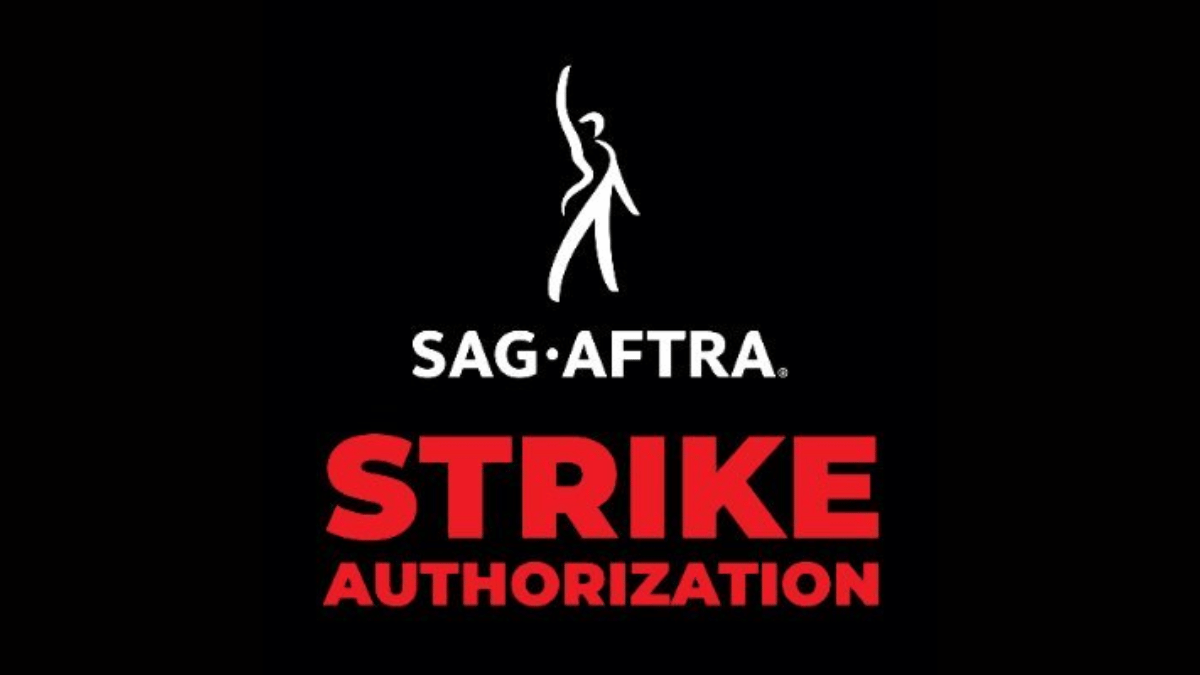It’s official: the SAG-AFTRA has been authorized to go on strike. As the largest union in Hollywood, SAG-AFTRA (Screen Actors Guild-American Federation of Television and Radio Artists) has been given the green light to call a strike if they find the upcoming labor negotiations to be unsatisfactory.
To be clear, the authorization does not denote a strike; it simply allows for the union’s negotiations to call a work stoppage after its TV and theatrical contracts expire. The expiration on said contracts is June 30, according to The Hollywood Reporter, so the next month will be crucial for both the union and the Alliance of Motion Picture and Television Producers. The union’s decision was nearly unanimous, as 98 percent of SAG-AFTRA members voted to authorize the strike.
Fran Drescher, the SAG-AFTRA president, hinted at the union’s intentions during a WGA strike in May. “Unfortunately, this year is a little bit of an anomaly. We’re starting later; we don’t have a big window to negotiate,” she reasoned. “Go in prepared because it’s better to have and not need than need and not have.”
The decision to authorize the strike was met with overwhelming approval from union members. As we shared above, an impressive 98 percent of SAG-AFTRA members voted in favor of authorization, which indicates how dire the upcoming negotiations are for all involved. The severity is also underlined by the fact that SAG-AFTRA has received support from the union’s National Board.
Historically, SAG-AFTRA and the National Board have clashed, but the latter agreed to call a strike authorization vote on May 17 as a show of unity. “For the first time in a very long time, our member leadership stands in solidarity at the negotiating committee and the National Board levels,” Drescher proudly announced.
The decision to authorize a strike is, in many ways, historic. If a strike were to occur, it would be the first time since the merger of SAG and AFTRA in 2012. Furthermore, SAG hasn’t gone on strike since 1980, when a 95-day walkout led to new contract terms for pay-TV and VHS releases. This context is not lost on those in charge.
In a booklet accompanying SAG-AFTRA ballots, Drescher and AFTRA National Executive Director and Chief Negotiator Duncan Crabtree-Ireland wrote a piece discussing the last time conditions were grim enough to strike. They also alluded to the introduction of AI and the jobs that could be lost due to this burgeoning technology.
“Our members are governed by contracts that reflect the business of 30 years ago, and too much has changed since then for those contracts to serve us well. The rise of streaming, artificial intelligence (AI), and the impacts of other technology advances on entertainment… means that we need to seek new and imaginative ways to move forward.”
Some of the significant changes that will be fought for include health and pension plans for SAG-AFTRA members and a de-prioritization of self-taped auditions, which was popularized during the pandemic but has proven costly for actors as a whole. Negotiations will officially begin on June 7.

